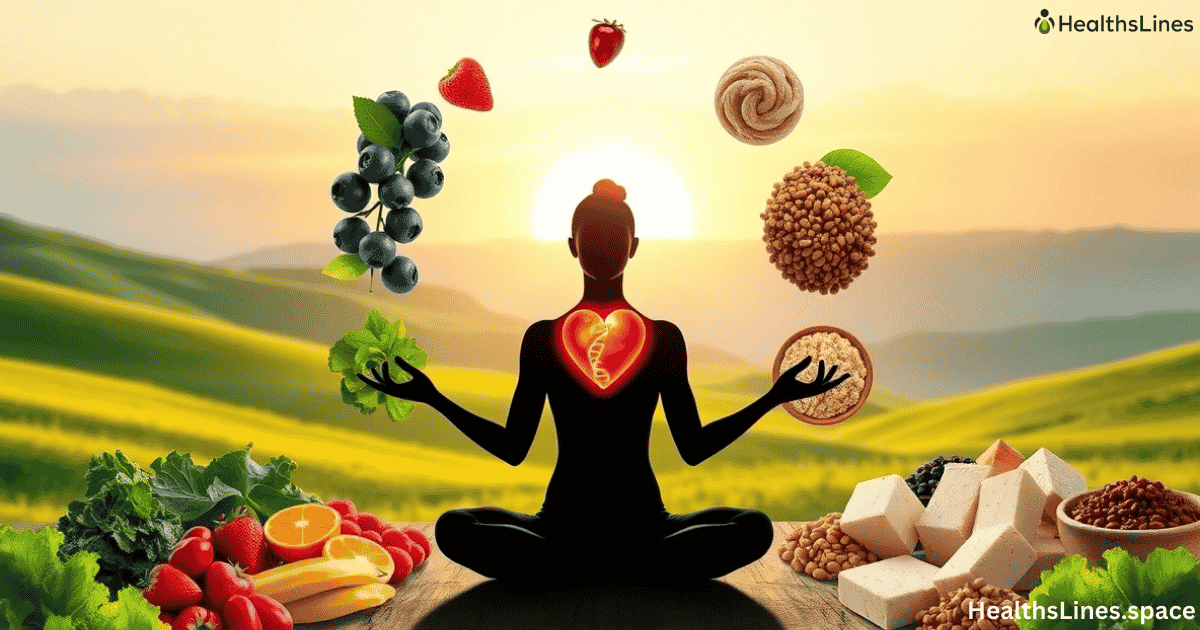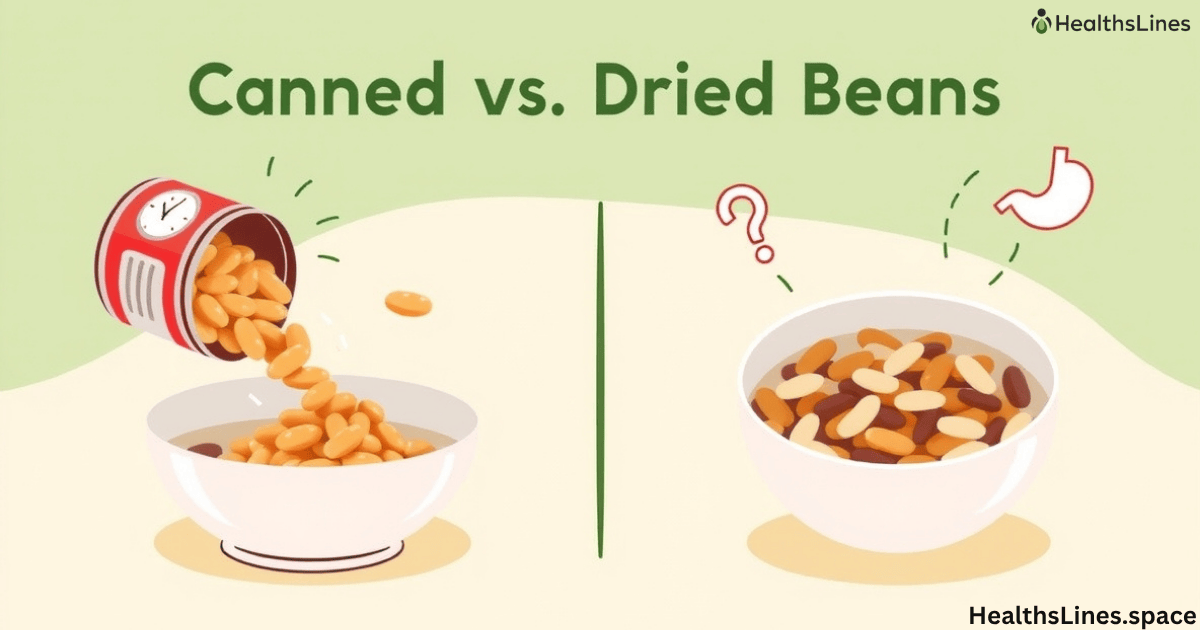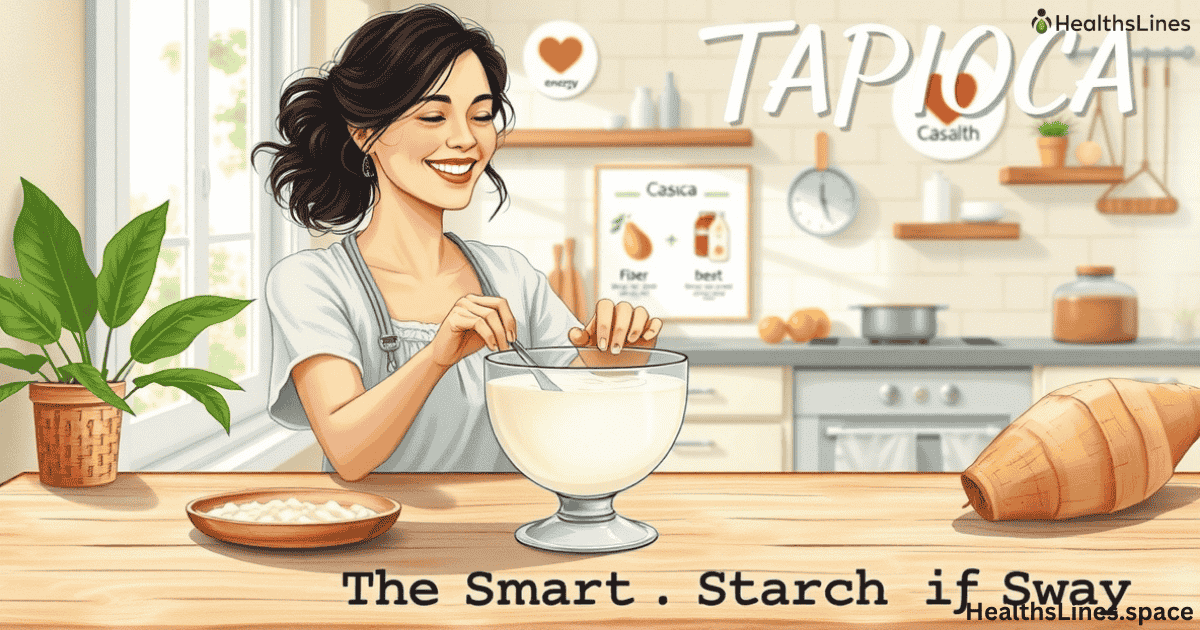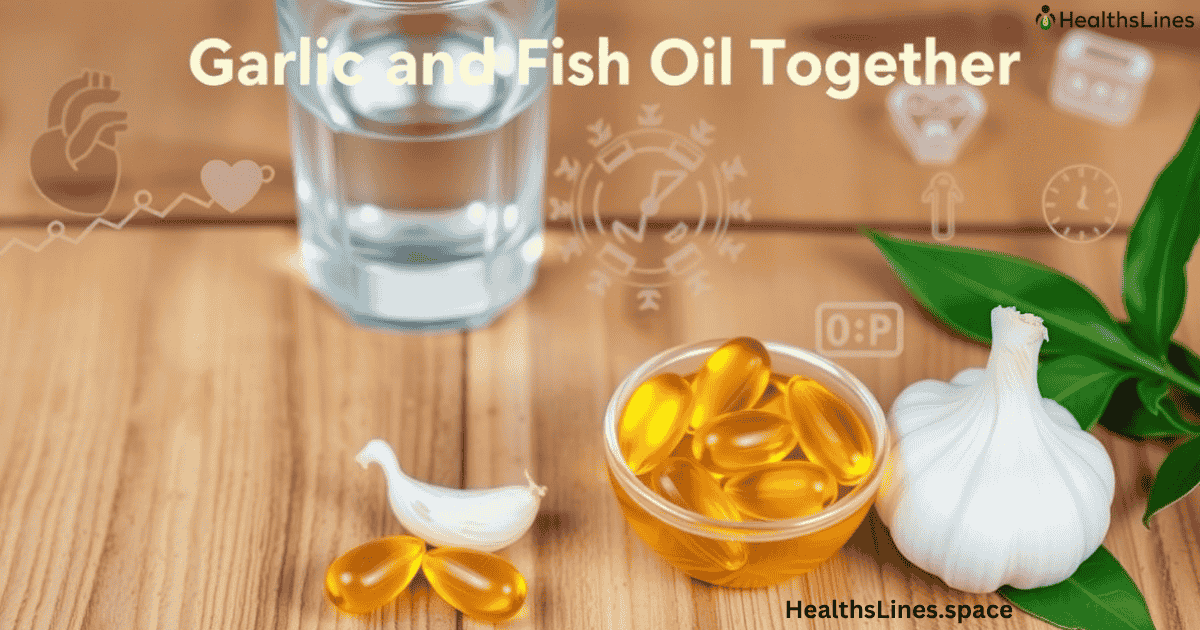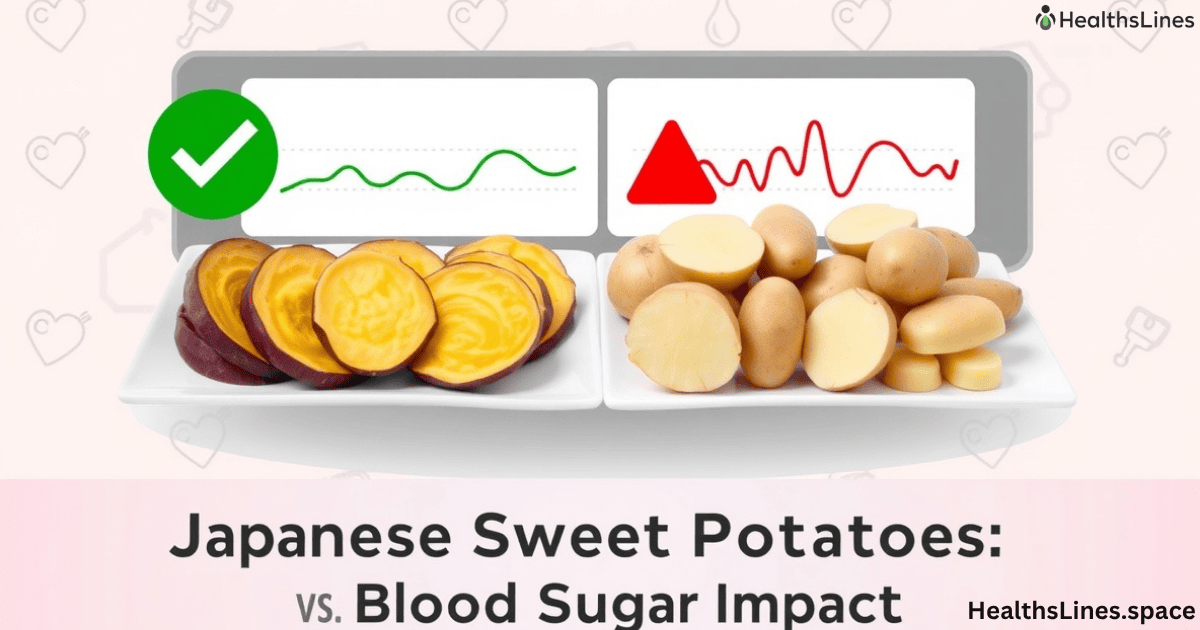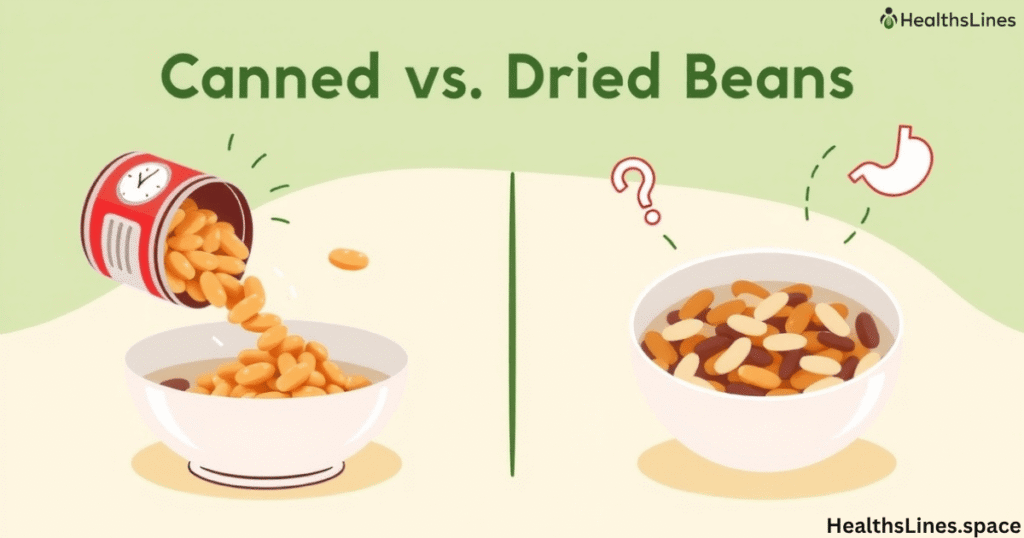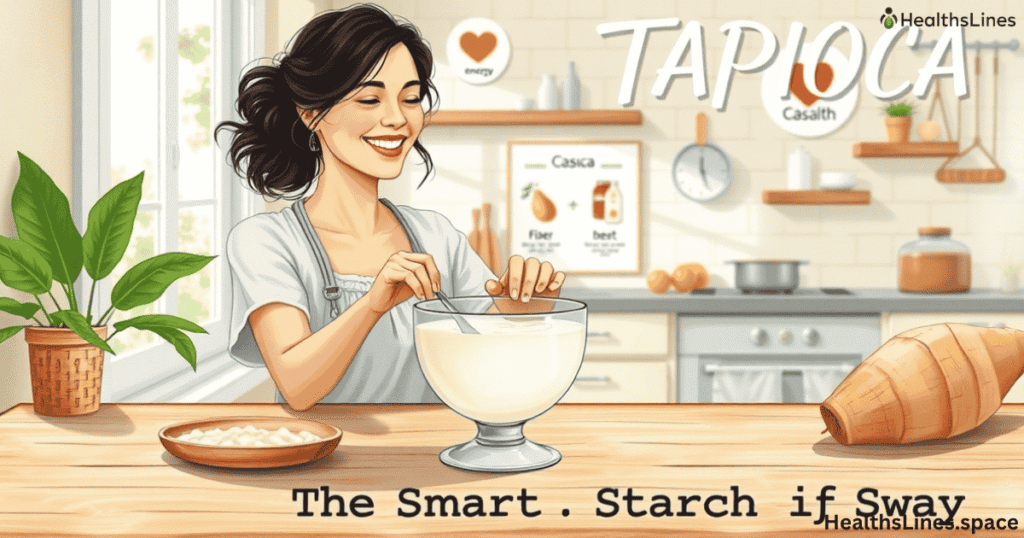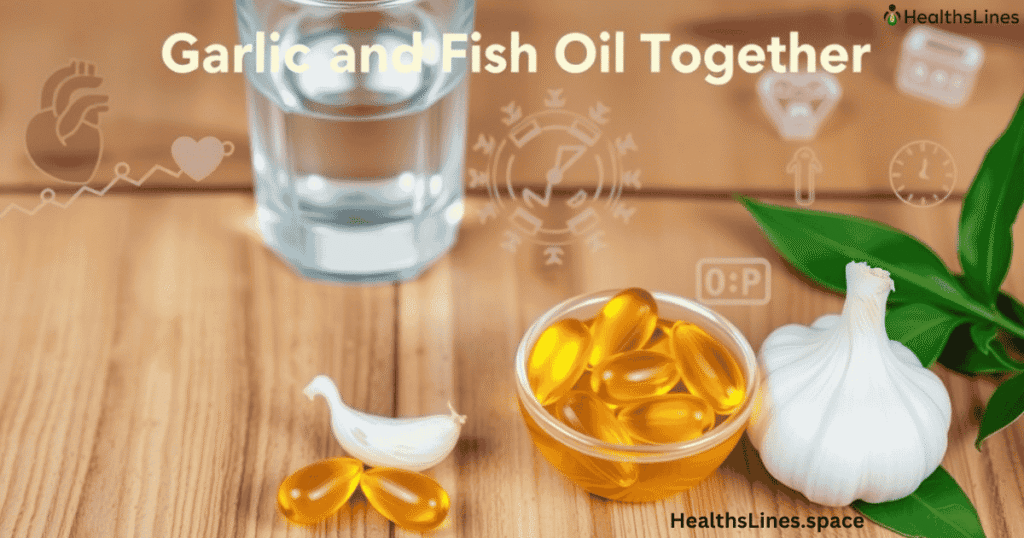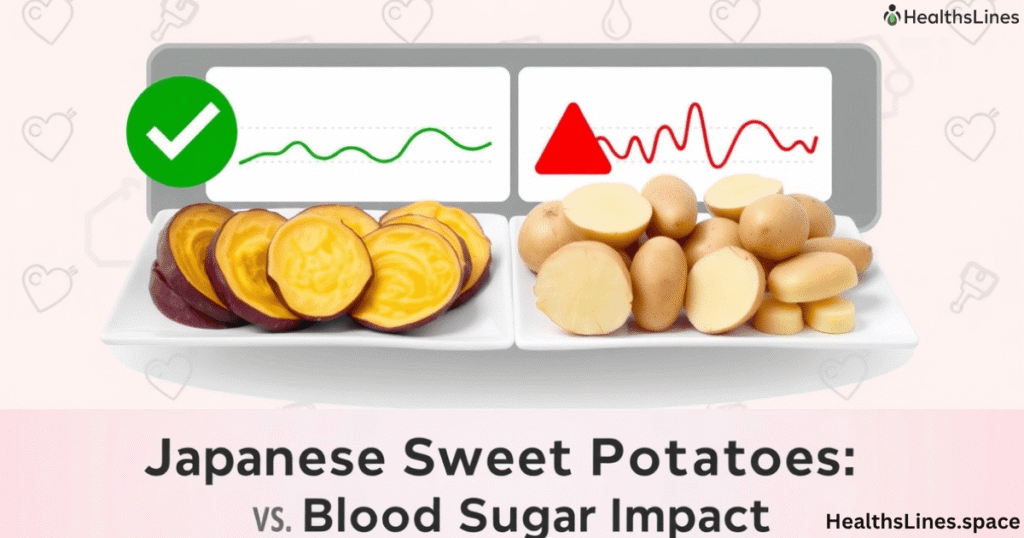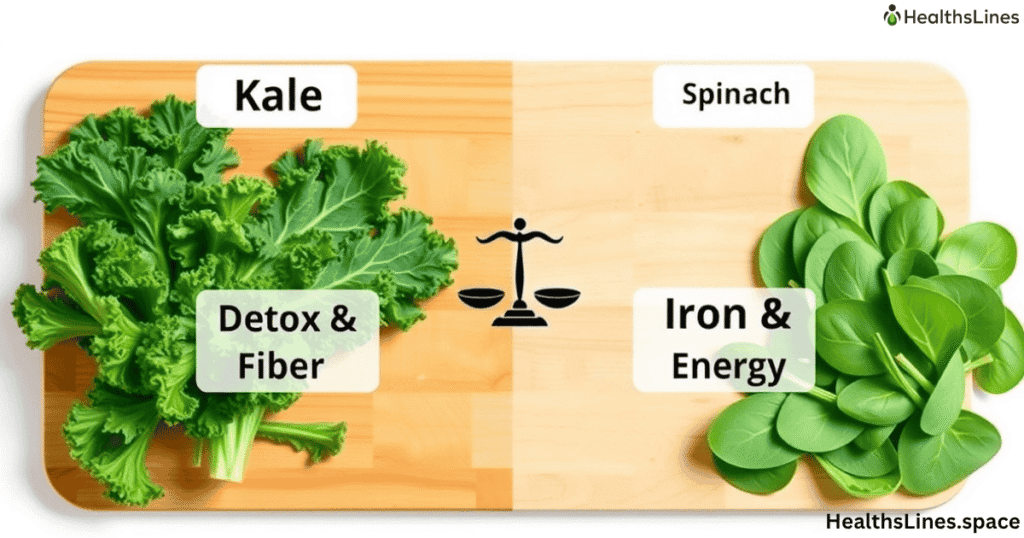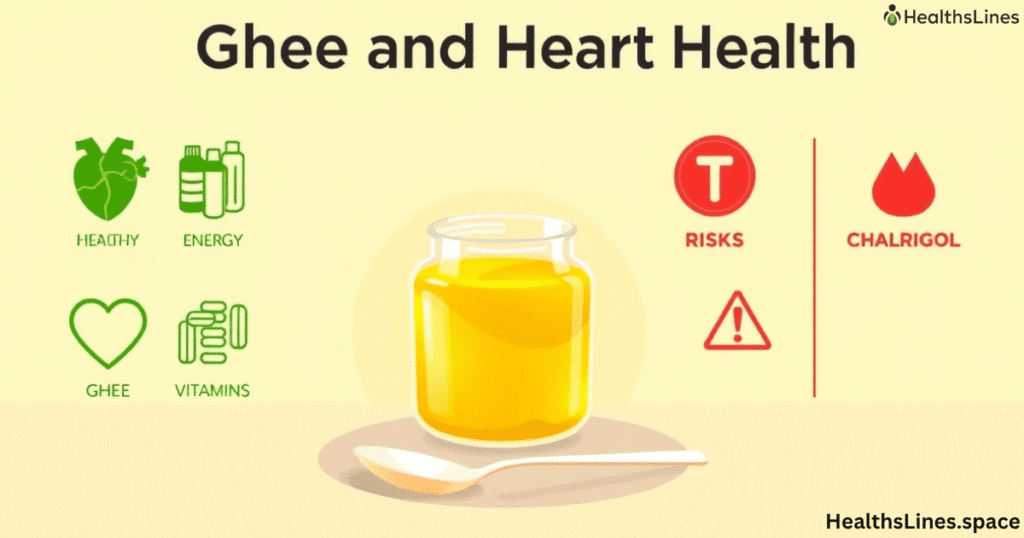Many people today want to know if a vegan diet can help them live longer and look younger as they age. With health advice everywhere, this question is becoming more common. Some people believe that giving up meat and dairy is the secret to a long life. Others say it is not that simple. This article explores what science, experts, and real-world cases say about vegan diet and longevity. You’ll see how food choices affect your body, your health, and even your future years.
What Science Says About Longevity and Plant-Based Diets
Research shows that a plant-based lifestyle may increase life span. Studies find that people who follow a vegan diet for longer life often have fewer health problems. They usually have lower blood pressure, better cholesterol numbers, and healthier weights. These are key markers for a long life.
Still, diet is only part of the story. Genes, lifestyle, and health care also matter. Scientists note that not all vegans live longer. But when you compare groups, vegans often show lower risks of dying from heart disease, diabetes, and certain cancers. These links suggest that a plant-based diet and healthy aging pattern can truly support longevity.
How a Vegan Diet May Support Longer Life
A vegan diet for longer life works in several ways. One of the biggest strengths is how it protects the heart. Heart disease is the leading cause of death worldwide, and a vegan diet for heart health lowers that risk. Plant foods are rich in fiber, which helps remove cholesterol from the body. Lower cholesterol keeps arteries clear and blood moving freely. Stable blood sugar is another benefit, as plants prevent sharp spikes that can lead to type 2 diabetes. When you reduce the chance of heart disease and diabetes, you also increase the chance of living a longer life.
Another reason a whole food plant-based diet supports longevity is its ability to fight damage inside the body. Fruits, vegetables, nuts, and beans provide antioxidants that reduce oxidative stress, a process that harms cells and speeds up aging. Less damage means healthier skin, organs, and even better brain function. Plants also lower inflammation, which helps the body repair itself more effectively. A diet that includes anti-aging foods vegan people eat, like berries, leafy greens, and legumes, creates a strong defense system. This combination of fiber, antioxidants, and anti-inflammatory compounds shows why many experts link a plant-based lifestyle with healthier aging and a longer life span.
Why a Vegan Diet Doesn’t Guarantee Longevity
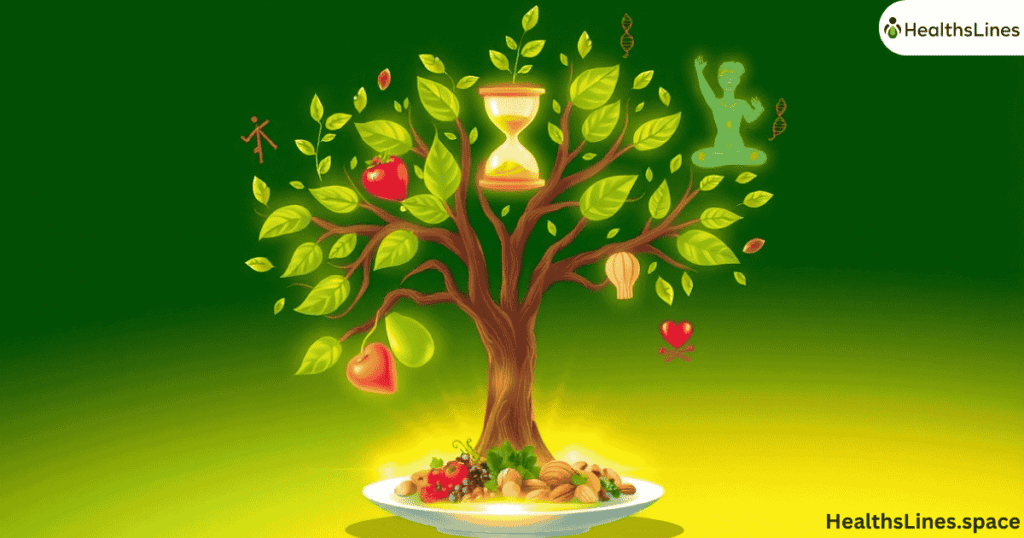
Not all vegans live longer. Some eat mostly processed foods like vegan chips, cookies, or soda. These foods may be free of animal products but offer little nutrition. They often contain sugar, oil, and salt, which can hurt health. Over time, poor choices in a vegan lifestyle and life expectancy plan may lead to obesity, diabetes, or heart problems.
Other factors affect aging too. Smoking, stress, lack of exercise, and poor sleep shorten life span, even for vegans. Experts say that vegan diet and disease prevention works best when paired with good habits. So while food is important, it’s not a magic fix. A plant-based lifestyle must go hand in hand with exercise, sleep, and stress control.
Essential Nutrients That Vegans Must Monitor
A healthy vegan diet health benefits plan depends on eating the right nutrients. Some nutrients are harder to find without animal foods. If vegans don’t get them, they may face health issues that speed up aging.
Here is a table showing the most important vegan diet nutrients, why they matter, and where to get them.
| Nutrient | Why It Matters | Vegan Sources | Risks if Deficient |
| Vitamin B12 | Protects nerves and brain | Fortified foods, supplements | Fatigue, memory loss |
| Iron | Carries oxygen in blood | Lentils, beans, spinach | Weakness, anemia |
| Calcium | Builds strong bones | Tofu, fortified plant milk | Brittle bones |
| Omega-3 | Supports brain and heart | Flaxseeds, walnuts, chia | Inflammation, brain fog |
| Vitamin D | Strengthens bones and immunity | Sunlight, fortified foods | Weak immunity, bone pain |
| Zinc | Aids healing and immunity | Nuts, beans, whole grains | Infections, slow healing |
| Protein | Maintains muscle and skin | Soy, peas, lentils | Muscle loss, poor repair |
By including vegan protein sources, vitamin B12 vegan sources, and omega-3 plant-based sources, people can avoid nutrient deficiencies in vegan diet choices. Supplements may also be useful, especially for vitamin B12 and D.
Comparing Global Longevity Hotspots
Researchers often look at Blue Zones to learn how diet and lifestyle affect aging. Blue Zones are special regions of the world where people live longer and stay healthy well into old age. Some of the most famous include Okinawa in Japan, Ikaria in Greece, and Loma Linda in California. These areas don’t all follow a strict vegan plan, but they rely heavily on plants. Their meals are built around beans, whole grains, vegetables, and fruits. Meat is eaten rarely, sometimes only during festivals or special occasions. This shows that while a vegan diet and longevity may not be the only path, eating mostly plants plays a huge role in reaching a long life.
Okinawa offers a great example. People there eat sweet potatoes, soy, and vegetables daily. Their diets are naturally low in fat but high in fiber and nutrients. In Ikaria, legumes, olive oil, and greens dominate meals. Residents live simple lives filled with movement, social bonds, and plant-heavy diets. In Loma Linda, many Seventh-day Adventists choose a vegan diet and Blue Zones approach, eating nuts, seeds, and grains while avoiding meat. These communities prove that plant-based eating and aging go together across cultures. Even without strict veganism, their reliance on plants, paired with active living, shows why they enjoy long, healthy lives.
Beyond Diet: Other Keys to Living Longer
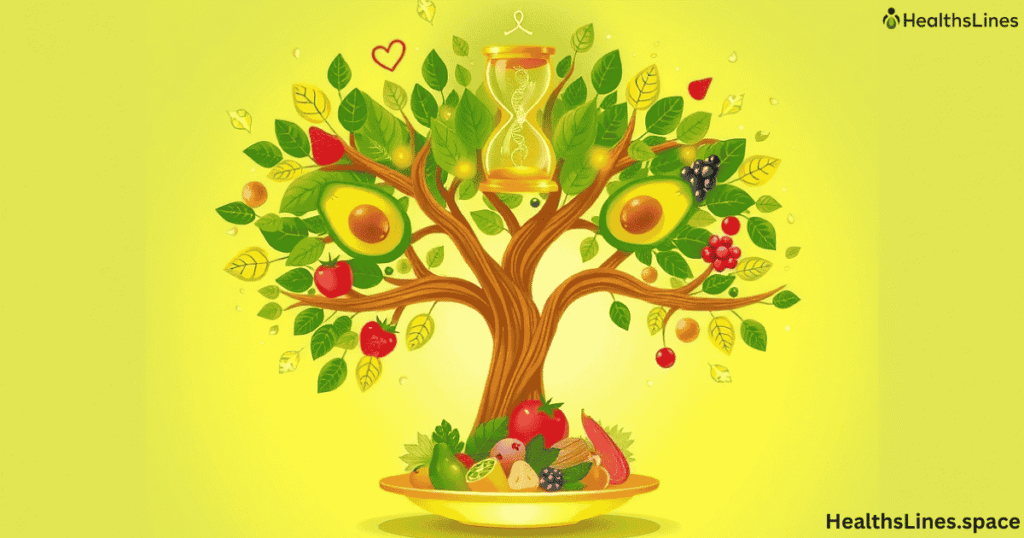
Food plays a huge part in vegan diet and longevity, but it isn’t the only factor. People who live the longest often combine healthy eating with strong lifestyle habits. Regular exercise is one of the most important. Moving your body keeps the heart strong, protects muscles, and boosts mental health. It doesn’t have to be extreme workouts. In many longevity diet regions, daily movement comes from walking, gardening, or physical chores. These natural activities help people stay active without feeling like exercise is a burden.
Another major factor is social connection. People in Blue Zones spend time with family, friends, and community. These ties lower stress, increase happiness, and may even boost the immune system. Stress control is also vital. Constant worry and poor sleep can undo even the best vegan diet health benefits. Studies show that sleep heals the body, balances hormones, and sharpens the mind. Without good rest, the body ages faster. Mental health also plays a role in longevity. People who have purpose, hobbies, and a positive outlook often live longer. Together, these habits show that while a plant-based lifestyle protects the body, pairing it with exercise, strong social bonds, quality sleep, and stress management creates the best formula for a long, healthy life.
Case Studies and Expert Insights
Real stories add life to the data. In Loma Linda, many Seventh-day Adventists eat a vegan diet for longer life and live 7–10 years more than other Americans. Their plant-heavy diet, along with faith and community, gives them strong health and energy even in old age.
Experts agree. Dr. Michael Greger highlights how a vegan diet and heart disease link is clear: eating plants lowers risk. Other researchers show that vegan diet and cancer prevention works by cutting red and processed meat. Nutritionists also point out that plants strengthen the vegan diet and immune system, making the body more resistant to illness. These examples make science real.
Conclusion
So, can a vegan diet help you live longer and age better? The answer is yes, if it’s done wisely. A diet full of fruits, vegetables, legumes, and whole grains lowers disease risk and slows aging. A poor diet heavy in processed foods, on the other hand, won’t help.
The best path is a whole food plant-based diet supported by exercise, social life, stress care, and good sleep. Lessons from Blue Zones prove that plant-based eating and aging habits are common among the world’s longest-living people. For anyone seeking a longevity diet, focusing on nutrient-rich foods and healthy lifestyle choices may open the door to more years and better aging.
